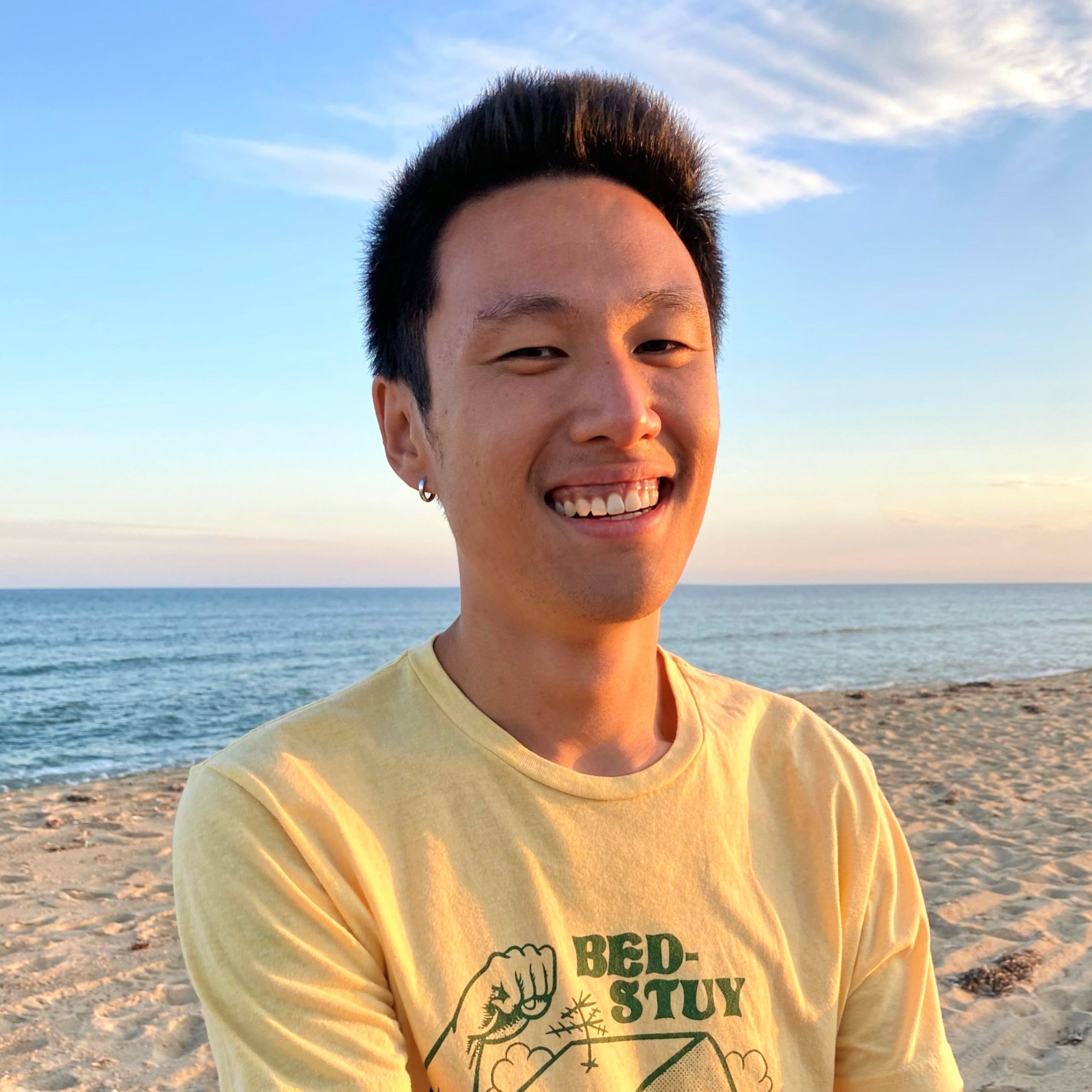(2021-present)
(All posts, except for Incoming President, start on January 1 of the year following their election and serve until December 31 of the final year of the term)
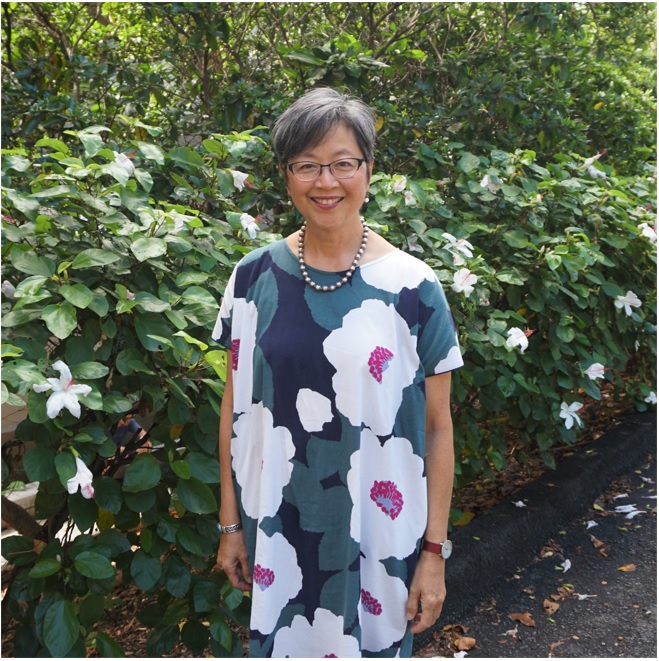 |
President Christine YANO (University of Hawai’i at Manoa) President 2024, 2025, Incoming President 2022, 2023, cryano[ at]hawaii.edu Christine R. Yano, Professor of Anthropology at the University of Hawai`i, has conducted research on Japan and Japanese Americans with a focus on popular culture. In 2020-2021 she served as the President of the Association for Asian Studies. She has served as Chair of the American Advisory Committee to Japan Foundation since 2018. Her publications include Tears of Longing: Nostalgia and the Nation in Japanese Popular Song (Harvard, 2002), Airborne Dreams: “Nisei” Stewardesses and Pan American World Airways (Duke, 2011), and Pink Globalization: Hello Kitty and its Trek Across the Pacific (Duke, 2013). Her latest book is Straight A’s: Asian American College Students in Their Own Words with Neal Akatsuka (Duke, 2018). |
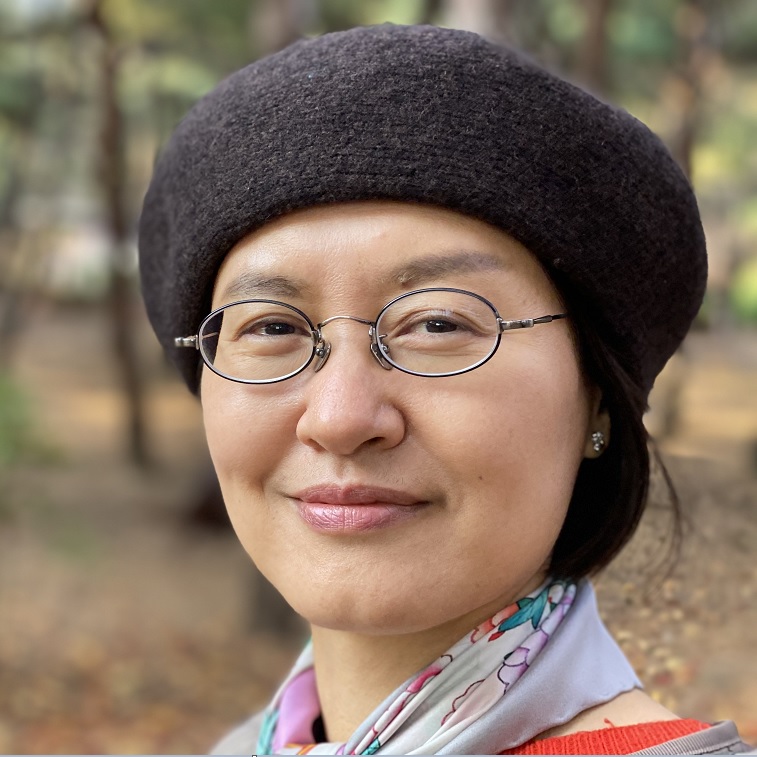 |
Incoming President Hyang Jin JUNG (Seoul National University) Incoming President 2024, 2025 hjjung [ at]snu.ac.kr Hyang Jin Jung is Professor in the Department of Anthropology at Seoul National University, South Korea. She received her Ph.D. in 2001 in cultural anthropology from the University of Minnesota, U.S.A. Her research interests lie in the intersection among culture, self, and emotion, with U.S. and the two Koreas as her primary anthropological sites. Her ongoing research projects include the psychocultural underpinnings of the North Korean statehood and society, education and cultural psychology in South Korea, and the emotional culture of the postmodern American society. She is author of Learning to Be an Individual: Emotion and Person in an American Junior High School (Peter Lang, 2007). |
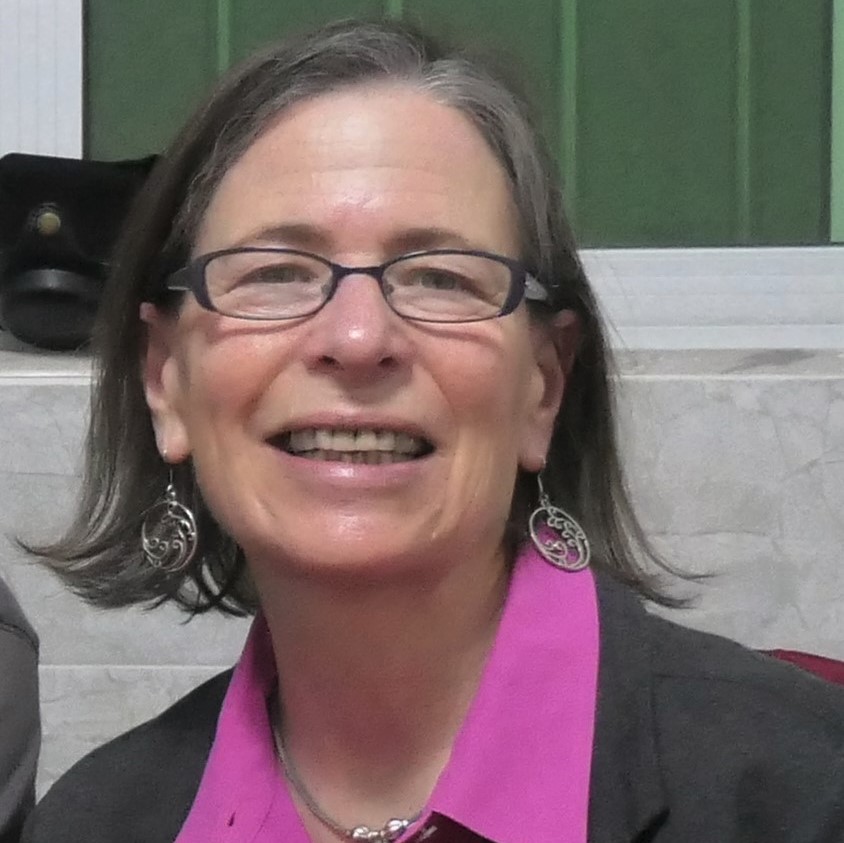 |
Past President Ellen OXFELD (Middlebury College) President 2022, 2023, Incoming President 2020, 2021 oxfeld[ at]middlebury.edu Ellen Oxfeld has worked on a variety of topics in Chinese culture and society, including food, morality in reform era rural China, gender and family relations in rural China, as well as family, economy and identity in the Chinese diaspora. She has taught anthropology at Middlebury College in Middlebury, Vermont since 1985. Her most recent book, Bitter and Sweet: Food, Meaning and Morality in Rural China (University of California Press, 2017) examines the social and cultural role of food in rural China. Based on fieldwork in a Hakka Chinese village in southeast China, it considers a number of issues, including food’s role in labor and exchange, its centrality in historical memory, and its importance in ideas about moral obligation and sociality. Previous books include “Drink Water, but Remember the Source:” Moral Discourse in a Chinese Village (University of California Press, 2010), and Blood, Sweat and Mahjong: Family and Enterprise in an Overseas Chinese Community (Cornell University Press, 1993). She is co-editor, along with Lynellyn Long, of Coming Home? Refugees, Immigrants and Those Who Stayed Behind (University of Pennsylvania Press, 2004). Currently she is working on a new project exploring meanings of commensality in contemporary China. |
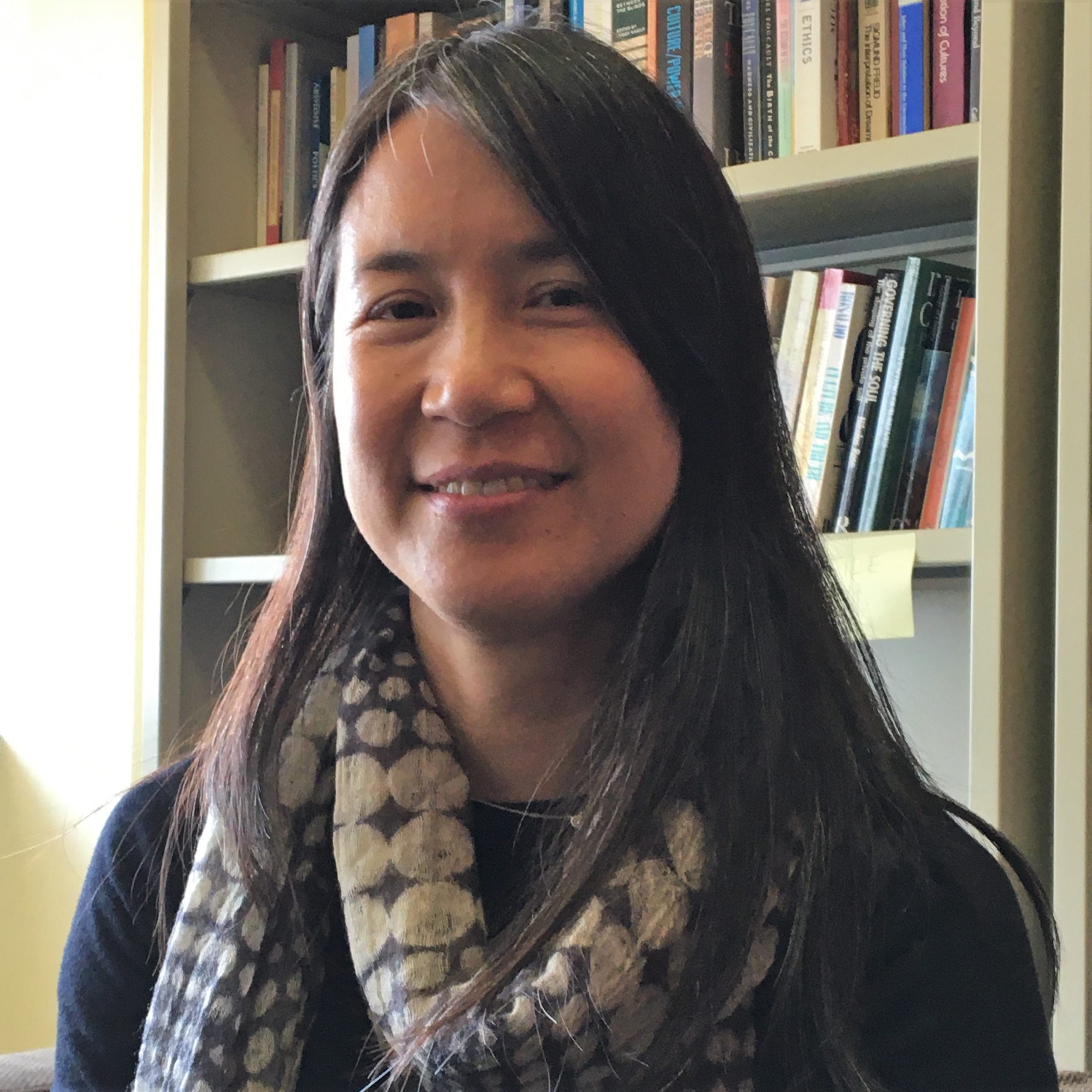 |
Secretary Teresa KUAN (Chinese University of Hong Kong) Secretary 2022-23-24, tkuan [at]cuhk.edu.hk Teresa Kuan is Associate Professor in the Department of Anthropology, Chinese University of Hong Kong. Working primarily in the anthropology of China, her research interests include the social life of psychological ideas and practices, subject-formation and moral experience, and the question of how blame and responsibility are distributed and taken in different circumstances. She is the author of Love’s Uncertainty: The Politics and Ethics of Child Rearing in Contemporary China (University of California Press, 2015), and co-editor of a Culture, Medicine, and Psychiatry special issue “Moral (and Other) Laboratories” (2017). Recent papers have appeared in Ethnos, Anthropological Theory, and The Monist. |
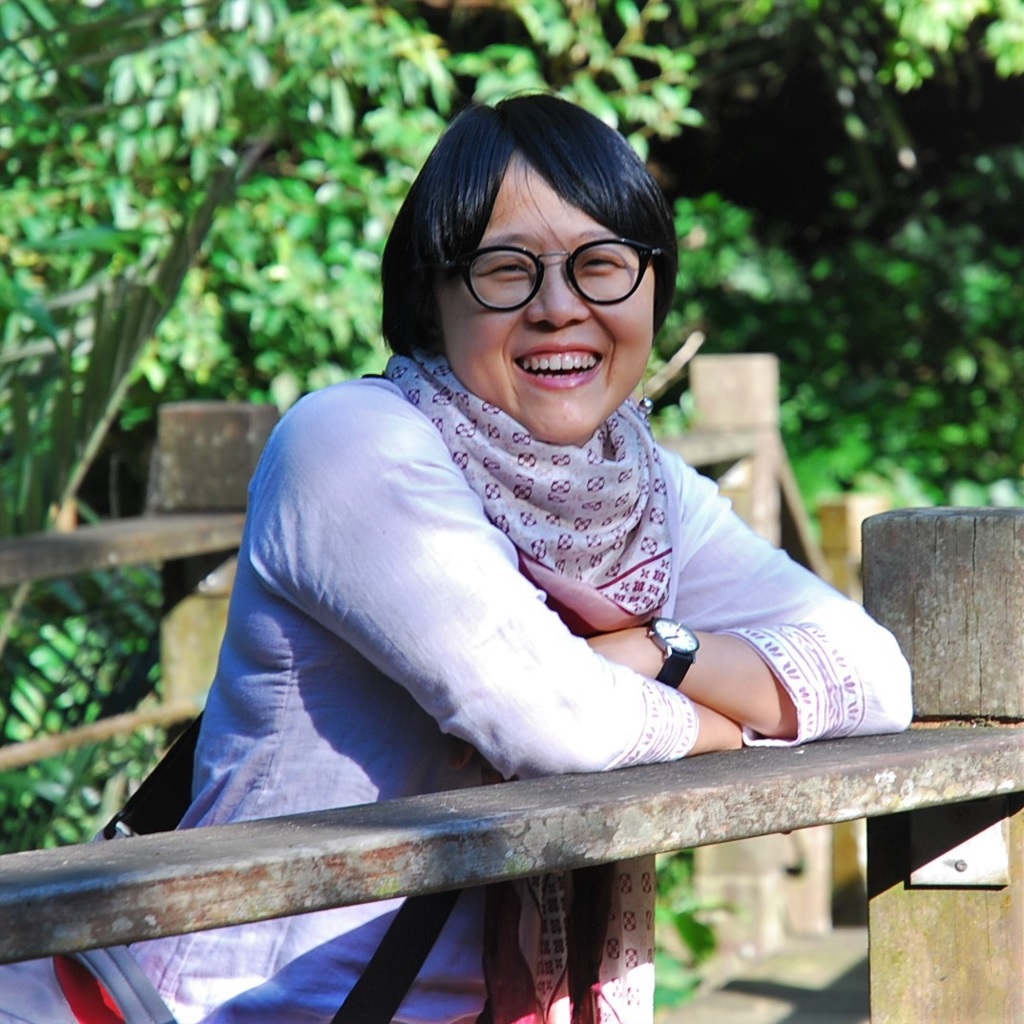 |
Treasurer Jun ZHANG (City University of Hong Kong) Treasurer 2023-24-25, zhang.jun [at]cityu.edu.hk Jun ZHANG was trained as a socio-cultural anthropologist with a regional focus on China. With an interdisciplinary approach in her research, Zhang is interested in social transformation, particularly the gap, ambiguity, contradictions, and interactions between the grand narratives and mundane practices. Her research projects follow two paths. With the first path, she follows her urban middle-class interlocutors to explore a wide range of topics from family making and class making to ethical negotiation and nationalism. Zhang’s second path follows a material culture approach through which she examines the usage of material objects in everyday lives such as cars, bicycles, and smartphones as well as the built environment such as streets, parks, and bridges. She is the author of “Driving Toward Modernity. Cars and the Lives of the Middle Class in Contemporary China” (Cornell University Press, 2019) and multiple articles in journals such as Journal of Contemporary Asia and Mobilities. |
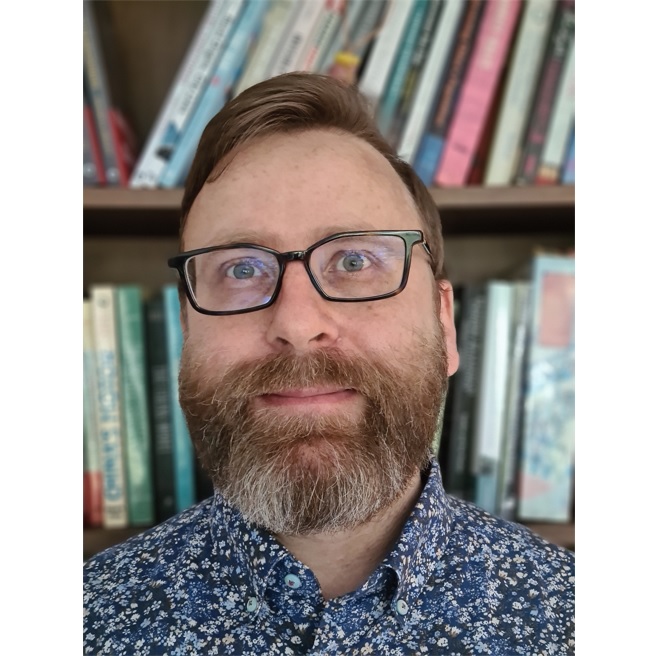 |
Councilor Zach Moss HOWLETT (Yale-NUS College) Councilor 2022-23-24, zachary.howlett atnus.edu.sg https://www.yale-nus.edu.sg/about/faculty/zachary-m-howlett Zachary Howlett is Assistant Professor of Social Sciences in Yale-NUS College and holds a courtesy appointment in the Department of Sociology in the National University of Singapore. His research explores the intersections between education, social inequality, popular religion, marriage, and migration in China and Chinese diasporas. His book, Meritocracy and Its Discontents: Anxiety and the National College Entrance Exam in China (Cornell, 2021), investigates the wider social, political, religious, and economic dimensions of the Gaokao, China’s national college entrance exam, as well as the complications that arise from its existence. His new project examines falling birth and marriage rates and rapid social aging in China with comparison to similar demographic changes across Asia. He focuses on the experiences of educated rural-to-urban and transnational migrant women to illuminate transforming family structures and state power in China and beyond.. |
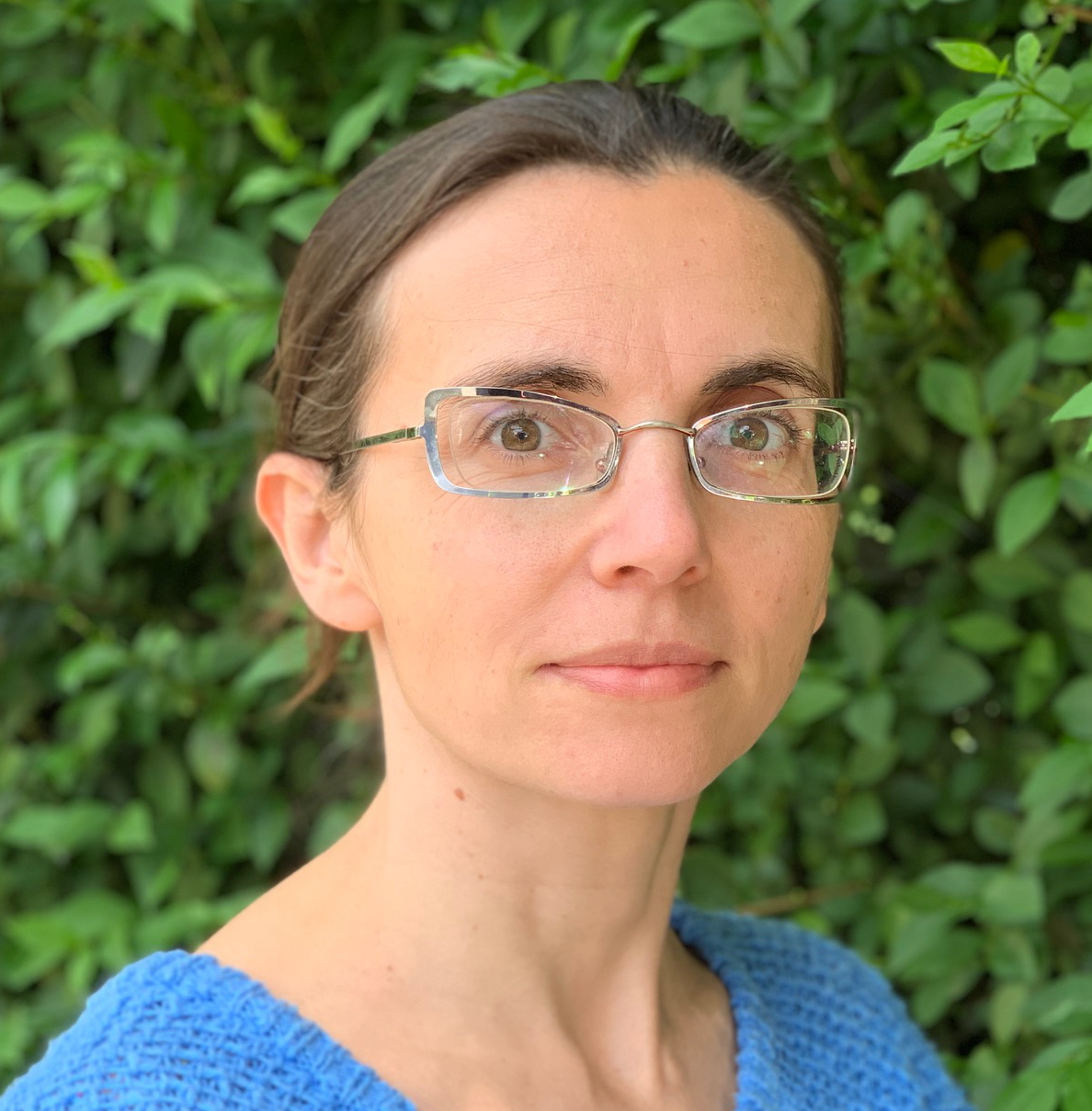 |
Councilor Beata ŚWITEK (Copenhagen University) Councilor 2022-2023-2024, beata.switek[at] hum.ku.dk Beata Świtek is Assistant Professor at the Department of Cross-Cultural and Regional Studies at the University of Copenhagen. She is a social anthropologist with training in Japan Studies. Theoretically, her interests revolve around the body and its limits, ethical diversity, broadly conceived sustainability, and consumption. Ethnographically she has worked in eldercare institutions, with migrant workers, in Buddhist temples, and among adventure sport practitioners. She conducted research in Japan, Indonesia, and the UK. Beata is the author of Reluctant Intimacies. Japanese Eldercare in Indonesian Hands (Berghahn Books, 2016), and a co-editor, along with Christoph Brumann and Saskia Abrahms-Kavunenko, of Monks, Money, Morality. Balancing Act of Contemporary Buddhism (Bloomsbury, 2021), and, along with Allen Abramson and Hannah Swee, of Extraordinary Risks, Ordinary Lives. Logics of Precariousness in Everyday Contexts (Palgrave Macmillan, 2022). Currently, Beata is working on her second monograph based on research about Buddhist temple economies in Japan. |
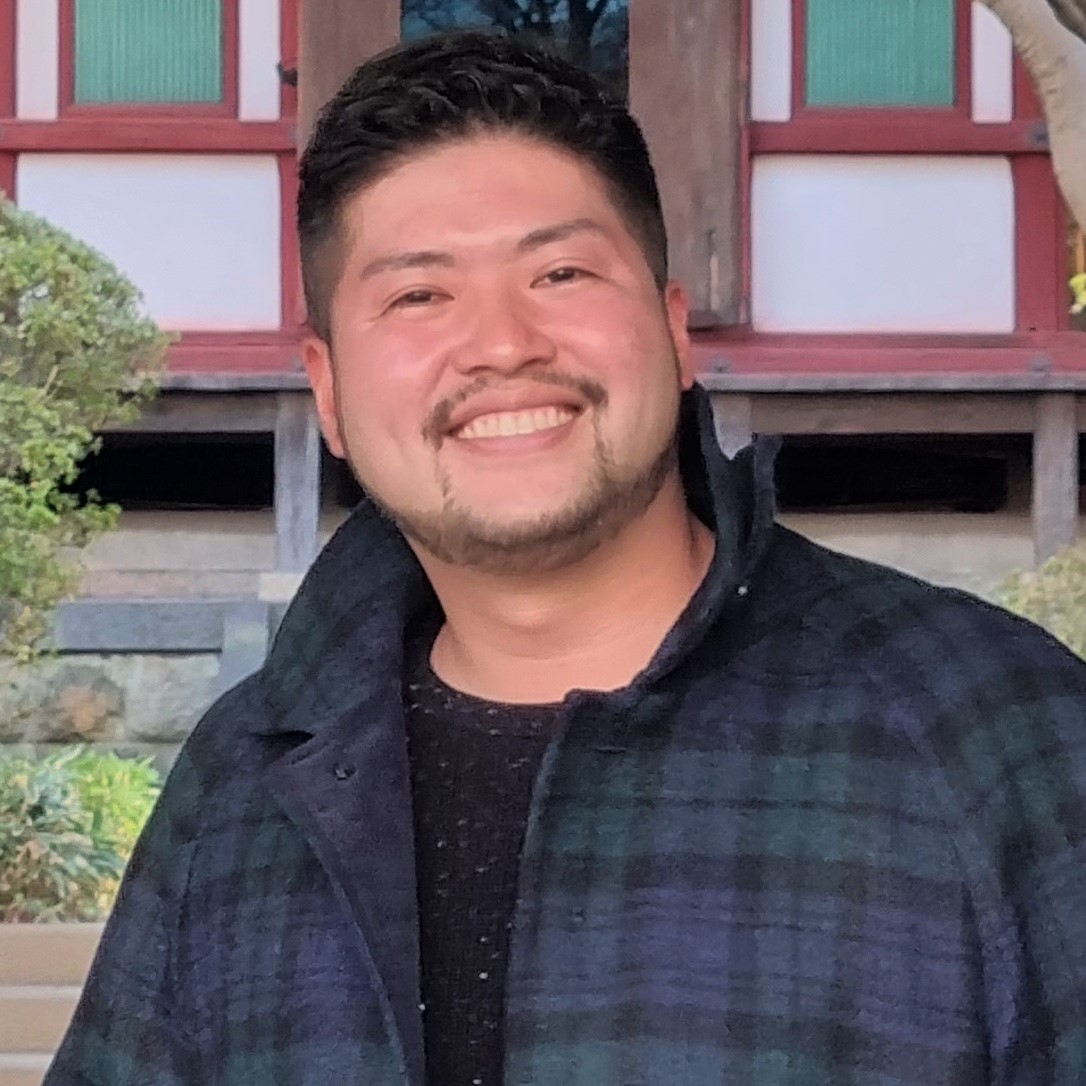 |
Kunisuke HIRANO (Tokyo Keizai University) Councilor 2023-2024-2025, hiranok [at]umich .edu Kunisuke (Kuni) Hirano is Specially Appointed Instructor of Liberal Arts Education at Tokyo Keizai University. He received his PhD in Asian Languages and Cultures from the University of Michigan. Trained as an anthropologist, he is interested in education, life histories, gender and sexuality, Japanese studies, and Korean studies. His doctoral dissertation, “Educated to Participate: Interaction and Imagination in Three Alternative High schools in Contemporary Japan,” investigates how schools with unique cultures offer students second chances for being reflexive and building up interpersonal connections. Aside from Education, based on his broad interest in minority and social life, he has published articles in the fields of migration, sexuality, and ethnicity. They include “In Search of Dreams: Narratives of Japanese Gay Men on Migration to the United States” in Queering Migrations Towards, From, and Beyond Asia (Palgrave Macmillan, 2014) and “The Shifting Boundary of Minority Identities: The Japanese American Citizens League and Same-Sex Marriage” (Japan Oral History Research, 2011). Currently, he is working on articles to analyze how new types of education suggest upcoming social changes in contemporary Japan. |
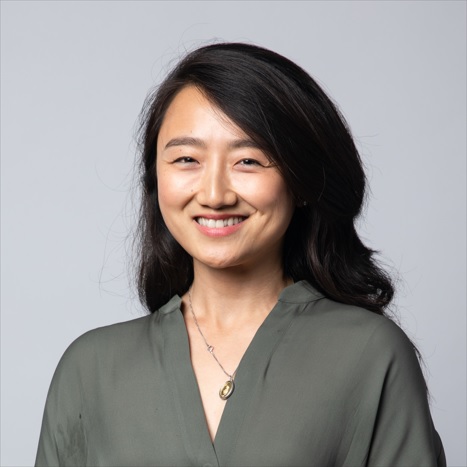 |
Councilor Claudia HUANG (U.C.-Long Beach) Councilor 2023-2024-2025, Claudia.Huang[ at] csulb.edu Claudia Huang is Assistant Professor of Human Development at California State University, Long Beach. She was the 2021-2022 An Wang postdoctoral fellow at the Fairbank Center for Chinese Studies at Harvard University. Her research areas include the anthropology of aging, kinship and intergenerational dynamics, and state-society relations in contemporary China. She is particularly interested in how social change can alter people’s experiences of the life course in general and the aging process in particular. Her current book project, titled Dancing for Their Lives: The Pursuit of Meaningful Aging in Urban China, is a case study on a strikingly popular “dancing grannies” phenomenon that has emerged in Chinese cities in recent years. Her work has appeared in The Journal of Aging Studies and Asian Anthropology. |
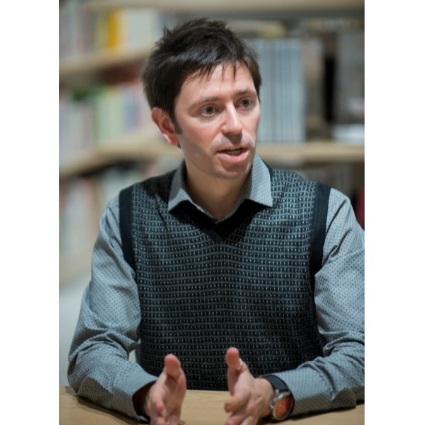 |
Councilor Councilor 2024-2025-2026, isaac.gagne[ at]gmail.com Isaac Gagné is Principal Researcher at the German Institute for Japanese Studies and Managing Editor of the peer-reviewed journal Contemporary Japan. He received his PhD in Cultural Anthropology from Yale University and has worked at the Waseda University Institute of Asia-Pacific Studies, The Chinese University of Hong Kong, and The University of Hong Kong. His research focuses on four broad fields of inquiry: 1) Gender, sexuality, and popular culture; 2) Religion, morality, and ethics; 3) Mental health, psychotherapy, and well-being; 4) Globalization and migration. His recent publications include: “Mapping the local economy of care: Social welfare and volunteerism in local communities,” in Sonja Ganseforth & Hanno Jentzsch (eds.), Rethinking Locality in Japan (Routledge, 2021), “Dislocation, Social Isolation, and the Politics of Recovery in Post-Disaster Japan” (Transcultural Psychiatry, 2020), “Religious Globalization and Reflexive Secularization in a Japanese New Religion” (Japan Review, 2017), and Japan through the lens of the Tokyo Olympics (co-edited with Barbara Holthus, Wolfram Manzenreiter, and Franz Waldenberger; Routledge, 2020). |
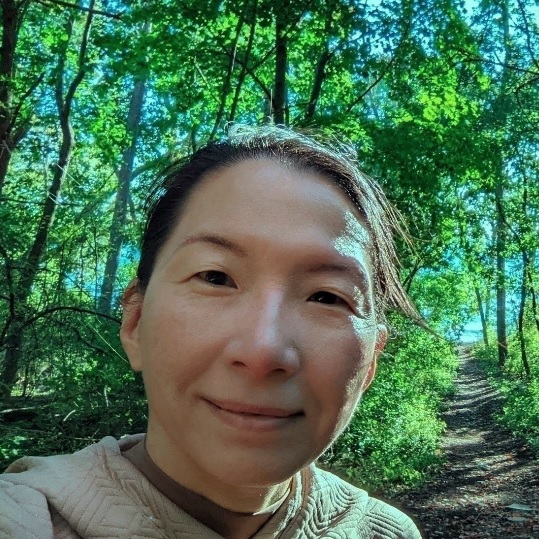 |
Councilor Nan KIM (University of Wisconsin-Milwaukee) Councilor 2024-2025-2026, ynkp[ at]uwm.edu Nan Kim is Associate Professor of History and Affiliated Professor of Anthropology at the University of Wisconsin-Milwaukee. Her work has largely explored contemporary histories of dissent, delving into emergent phenomena and historical disputes that stem from the conditions of unended war in divided Korea. Her recent work – including a chapter in Forces of Nature: New Perspectives on Korean Environments (Cornell, 2023) – further engages with questions concerning political ecology, intractable toxicity, intergenerational ethics, and the nuclear Anthropocene. She serves on the editorial board of Critical Asian Studies, and she is the author of Memory, Reconciliation, and Reunions in South Korea: Crossing the Divide (Lexington Books, 2017), which won the Peace History Society’s first-book prize. |
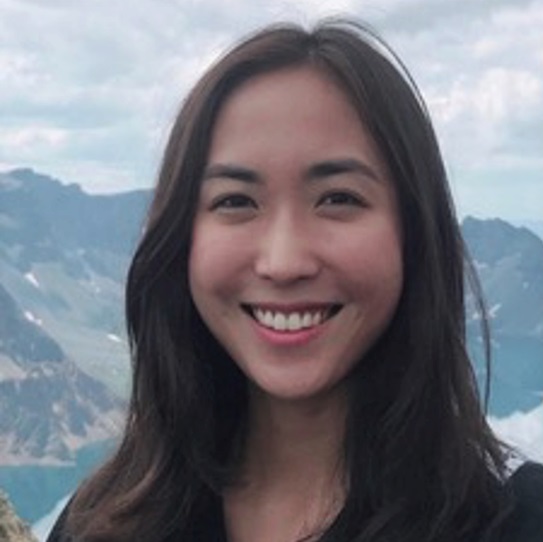 |
Student Councilor Sojung KIM (Johns Hopkins University) Student Councilor 2023, 2024, sojungkim [at]jhu.edu Sojung Kim is a Ph.D. candidate in Anthropology at Johns Hopkins University. Her research investigates the intersection of politics and kinship, by tracing how disorders of politics come to be entangled in disorders of kinship in the context of North Korean migrant women’s transnational kinship across North and South Korea, and China. She explores women’s experiences of home and intimacy by ethnographically studying how women navigate multiple legal regimes, economic precarity, and obligations to dispersed kin under the pressure of state surveillance in everyday life. |
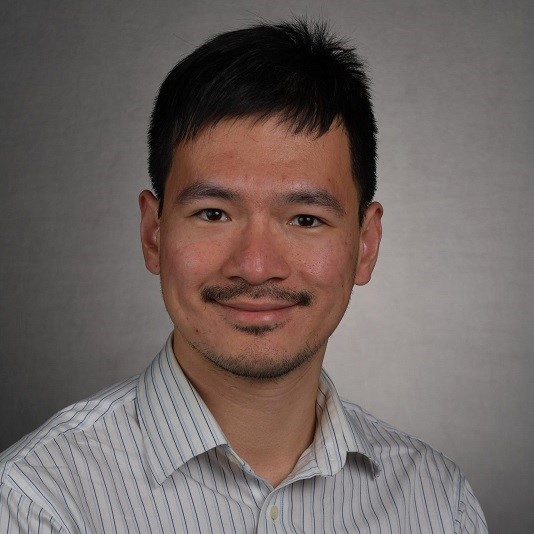 |
Student Councilor Xinyu GUAN (Cornell University) Student Councilor 2024, 2025, xg257 [at]cornell.edu Xinyu Guan is a PhD candidate in Anthropology at Cornell University. As a political anthropologist of the built environment, Xinyu examines how state-constructed housing shapes everyday notions and practices of citizenship in Singapore, especially for queer and migrant communities. His research interrogates the forms of racialization and sexual discipline in the built environment and explores the possibility for a queer transnational anthropology of Singapore. |
Program Committee for SEAA in the 2024 Annual Meeting of the AAA
Isaac Gagne (chair)
Sojung Kim
Teresa Kuan
Jun Zhang
*see individual listings above
SEAA Column Editors (AAA Newsletter) (Appointed by the Board)
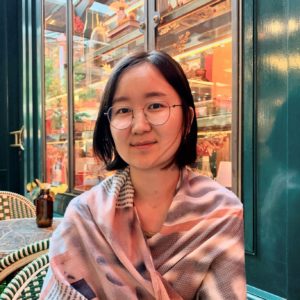 Jieun CHO, Duke University, jieun.cho [at] duke.edu Jieun CHO, Duke University, jieun.cho [at] duke.eduJieun Cho is a PhD candidate in Cultural Anthropology at Duke University. Her research investigates the intersection between children’s health, everyday life, and the ethical/political imagination in post-nuclear Japan. Focusing on middle-class families who are struggling to raise healthy children amid nuclear risk in and beyond Fukushima, she is particularly interested in how “life” is re/produced through care work when it is lived with intimacy with radiation. |
|
Aaron Su is a Ph.D. student in Anthropology at Princeton University pursuing certificates in the History of Science & Gender and Sexuality Studies. His research follows recent urban design trends in China that seek to package political, medical, and environmental objectives into comprehensive technical solutions, and inquires into the complex dynamics and processes that arise within such plans. He is also fascinated by the increasingly dominant institutional framework of “planetary health” and wonders about how East Asia is implicated in its midst. |
SEAA Digital Communications (Web, FB, Twitter) (Appointed by the Board)
See SEAA column editors, above.
Guven WITTEVEEN, Ph.D., anthroview[at]gmail.com
www.linkedin.com/in/anthroview
Guven Witteveen now works on project-based assignments, evaluation and consulting. His interests include visual anthropology, museum studies and public outreach education including the ways to make anthropology more present and visible in public discussions; local history representation and citizen movements, as well as producing materials for foreign language learning.

